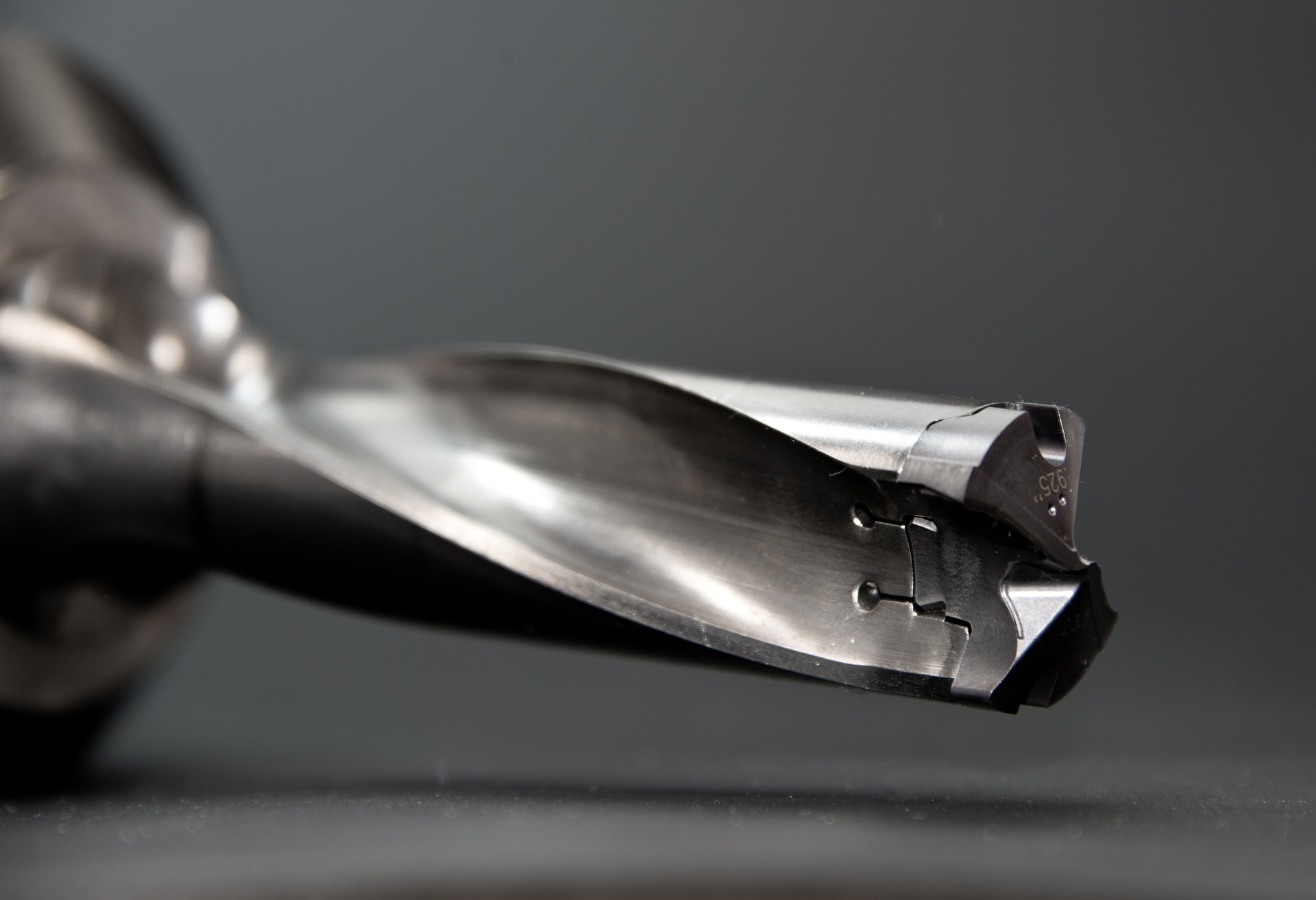Are you planning a project that requires drilling into steel? If so, you’ll need to make sure you have the right drill bit for the job. While there are numerous types of drill bits available, choosing the correct one for your steel project is essential for ensuring a successful and safe outcome. In this article, we’ll provide an overview of what you need to know about drill bits for steel projects. We’ll outline the most common types of drill bits used for working with steel, how to select the appropriate bit size and material, tips on how to use them correctly and safely, and other useful information. With this knowledge in hand, you can be sure your project will go smoothly!
Whether you’re drilling through sheet metal, steel studs, or any other type of ferrous material, the right drill bit is key. The most commonly used drill bits for steel projects are those made from high-speed steel (HSS). These drill bits offer superior strength and durability, making them ideal for cutting through tough materials like stainless steel. Additionally, they can be resharpened after use to extend their life even further.
When it comes to selecting the appropriate size of drill bit for your project, remember that bigger isn’t always better. Too big of a bit will make it difficult to control the hole’s accuracy and finish quality. Conversely, too small of a bit can cause damage to the workpiece due to excessive heat and wear. To find the optimal size for your job, refer to a drill bit chart for proper sizing guidelines.
Besides using HSS bits, there are other types of materials that can be used, such as carbide-tipped drill bits, cobalt steel bits, and titanium-coated drill bits. Carbide-tipped bits offer superior hardness and strength compared to HSS and are ideal for drilling tougher metals like stainless steel or aluminum. Cobalt steel is also very strong but not as hard as carbide; it’s suitable for drilling through hardened steels. Finally, titanium-coated drill bits provide high levels of corrosion resistance, which makes them perfect for drilling into marine-grade stainless steel.
Apart from selecting the right drill bit, there are several other tips to keep in mind when using them for steel projects. Always start at a low speed and gradually increase it to prevent your drill from overheating. Additionally, use cutting oil or lubricant if you’re drilling with high-speed steel bits, as this will help reduce friction and heat buildup. Finally, make sure that the hole size is slightly larger than the screw or fastener you’re using to ensure a snug fit.
By following these guidelines, you can be sure that your project involving steel drilling will be successful and safe. Investing in quality drill bits of the appropriate size and material for the job is essential for ensuring an optimal result. With proper care, knowledge, and practice, your drilling skills will improve with every project.









